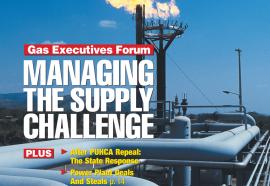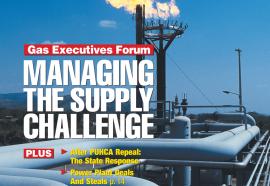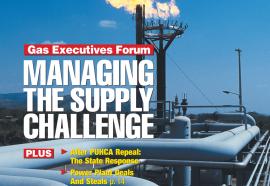Warming to the Crisis
Kyoto countries miss their targets, but scientists say climate change was already unstoppable.
Hollywood and the media are way ahead of the politicians when it comes to the greenhouse effect and global warming. But even as utilities try to be good corporate citizens and help devise a federal or national plan, the question remains as to whether the domestic economy can achieve even a modest reduction in CO2 releases—enough to put even a small dent in current predictions of global climate change.







